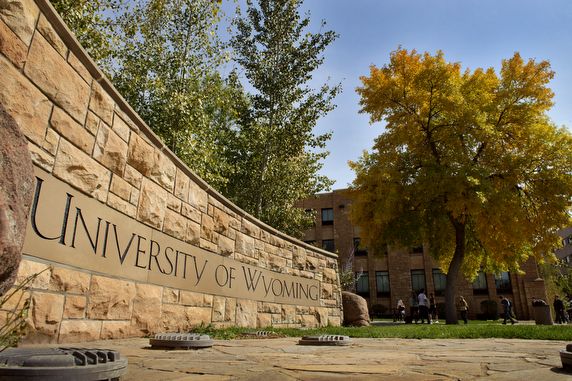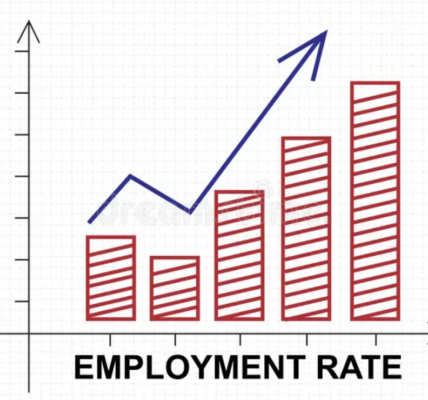◆ Study illustrates that the net benefits of social distancing are positive.

Madison Ashworth, a 2015 graduate of Star Valley High School and Economics PhD student at University of Wyoming, has joined a team of Economics professors at UW to research the economic effects of social distancing during the coronavirus pandemic.
A former resident of Thayne, Ashworth competed as an undergraduate on the Cowboys’ Track and Field Team, and in her graduate studies has been working closely with Professor Linda Thunstrom on a number of research projects related to COVID-19.
According to uwyo.edu/uw/news, analysis by Ashworth’s team suggests that rigorous social distancing measures implemented to mitigate the spread of the novel coronavirus are economically justified.
Ashworth’s team have determined through extensive research that, “the potential benefits of social distancing in saving lives far outweigh the projected damage to the economy.” The team’s research, which has received international recognition, will appear in the Journal of Benefit Cost Analysis.
“Our benefit-cost analysis shows that the extensive social distancing measures being adopted in the U.S. likely do not constitute an overreaction,” said Assistant Professor Linda Thunstrom, lead author of the article. “Social distancing saves lives but comes at large costs to society due to reduced economic activity. Still, based on our benchmark assumptions, the economic benefits of lives saved substantially outweigh the value of the projected losses to the U.S. economy.”

“Our main result is that the net benefits of social distancing are positive and amount to about $5.16 trillion,” explained Ashworth. “In our benchmark scenario, we see 287 million people becoming infected with COVID-19 without social distancing and only 188 million people becoming infected when social distancing is implemented. We model different mortality rates above and below certain thresholds of infected people to capture the higher mortality associated with overwhelmed health care systems. With these combined mortality rates, we see the value of lives lost during the pandemic without social distancing is $21.8 trillion and $9.4 trillion with social distancing. The benefits from social distancing are approximately $12.4 trillion dollars in lives saved.”
“We also capture the lost economic output due to social distancing,” continued Ashworth. “We find that Gross Domestic Product losses will be about $6.4 trillion without social distancing and almost $13.7 trillion with social distancing. That is, social distancing will cost $7.3 trillion in lost economic output, but this extra cost will be offset by the value of all the lives saved, which is a net positive of $5.1 trillion. We find that the value of the lives saved because of social distancing outweighs the economic cost of social distancing.”
The UW team’s primary conclusion proposes that social distancing is economically and medically sound if people continue to live in a manner that reduces contact rates.
Though the economic costs and consequences will be painful, the team’s findings assert that the benefits of social distancing policies will eventually outweigh the economic costs by $5.2 trillion. Considering economic benefit to our society in terms of health care and the future workforce, social distancing is the more economically and socially responsible choice.
“Our research provides information to government officials, consumers and small business owners about the effects of social distancing on the economy, but also on the prevalence of COVID-19 itself,” said Ashworth. “It allows elected officials to make informed decisions and provides an estimate of the true benefits of a policy that may be harmful to small businesses in the short run.
To learn more about the team’s research in a statement from the UW Marketing and Communications Department, go to: uwyo.edu/uw/news/2020/04/u.s.-coronavirus-measures-are-justified,-uw-economists-find.html.





